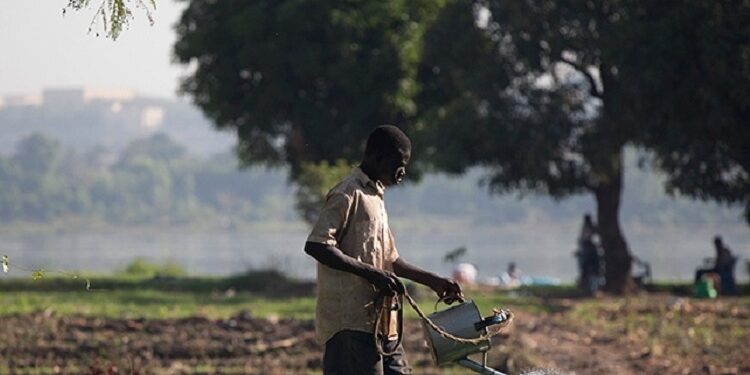The Diplomat
Last Tuesday, the Council of Ministers approved the Minutes of the Third Meeting of the Spanish-Nigerian Joint Commission for Cooperation, adopting the Spain-Niger Country Partnership Framework (MAP, for its acronym in Spanish) 2023-2027.
The Country Partnership Frameworks are the strategic and geographic planning instruments of the Spanish Cooperation. Their main objective is to have a coherent, global and shared vision with the partner country on human development and the fight against poverty, supporting partner countries for their sustainable development within the framework of the 2030 Agenda.
The Spain-Niger MAP 2023-2027, which was approved by the III Spain-Niger Joint Commission for Cooperation, held in Niamey on January 11, 2023, has as its framework the Country Partnership Framework 2014-2016, extended until 2022, and the Minutes of the Meeting of the II Spain-Niger Joint Commission for Cooperation, signed on September 17, 2014 in Niamey, Niger.
With the signing of this MAP, Spain and Niger are committed to the 2030 Agenda and the Sustainable Development Goals (SDGs), as well as the agendas derived from the SDGs and the Paris Agreement, which are of particular importance for both countries and which, in the case of Spanish Cooperation, are the basis of the V Master Plan for Spanish Cooperation.
The Country Partnership Framework Niger-Spain 2023-2027 concentrates the efforts of Spanish Cooperation around five objectives: reducing the vulnerability of the population to natural disasters, increasing the income of producers thanks to the sustainable improvement of their production and productivity, improving the access of vulnerable people to higher quality health services, increasing training to help the population integrate into the labor market, and increasing the presence and active participation of women in political, economic and social life, on equal terms with men.
Interventions to contribute to development results will focus on the most vulnerable population wherever they are, in line with the principle of “leaving no one behind,” according to the Executive. The MAP will therefore focus on fragile areas in Niamey in terms of opportunities for transforming people’s vulnerability to natural disasters resulting from climate risk, particularly in their prevention and effective responses.
In the last year of MAP implementation, an external evaluation will be carried out, with a special focus on time and form for the preparation of the next MAP. This evaluation will focus on the analysis of the degree of achievement of the intermediate results of the Spanish Cooperation and on the examination of the internal and external aspects that have influenced the achievement or non-achievement of the MAP forecasts.






